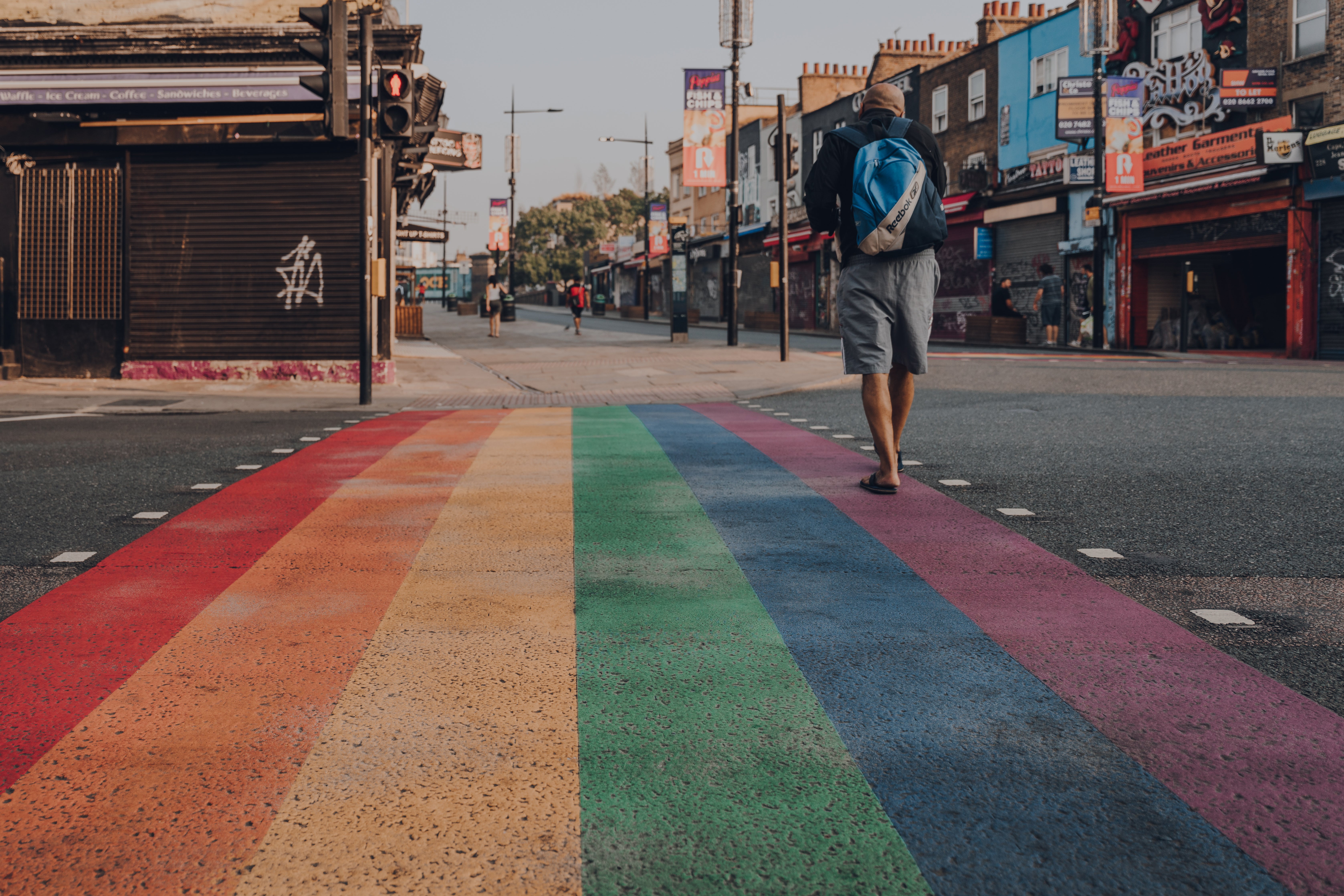It’s the anniversary of Section 28 – so what’s changed for LGBT+ people in Britain?
In 2015, the UK was ranked as the best country in Europe for LGBT+ rights – now, it sits in 14th place


Exactly 34 ago, as AIDS tore through the UK’s queer community, Section 28 came into force. This especially loathsome amendment to the Local Government Act banned councils and schools “promoting the teaching of the acceptability of homosexuality as a pretended family relationship”.
It followed a speech given the year before in which the prime minister at the time, Margaret Thatcher, said that children who were taught they had an “inalienable right to be gay” were being “cheated of a sound start in life”.
Queer people were thus pushed further to the margins and into the shadows. More concretely, and despite mass protests, bullying and ostracism were common, young queer people were deprived of the information they needed to understand themselves, and LGBT+ groups and clubs were made to disband.
Section 28 was a mass-shaming levelled at some of the most vulnerable people in the country. It was not until 2000 (in Scotland) and 2003 (in England and Wales) that Section 28 was finally done away with. It is a great stain on our nation.
What has changed for LGBT+ people in the UK in the year since? Well, quite a bit. Same-sex marriage and civil partnerships are now possible. Trans people have the right to gender recognition under the law.
But barely a week ago, it was reported that the UK had fallen down the International Lesbian, Gay, Bisexual, Trans and Intersex Association Europe’s (ILGA) annual ranking of LGBT+ rights across Europe for the third year running; it was the biggest drop – four places – of any country listed.
One reason for this was that the government’s recent ban on “conversion therapy” excludes trans people. The government’s own national LGBT survey for 2017 found that trans people were twice as likely as their gay and bisexual counterparts to have been “offered” conversion therapy.
Jayne Ozanne, chair of the Ban Conversion Therapy Coalition and a survivor of therapy herself, accused the government of throwing LGBT+ people under the bus, adding that it was “utterly ludicrous” to exclude trans people.
Then there was the protracted consultation on the 2004 Gender Recognition Act, the aim of which was to bring the law on gender recognition up to date – to “streamline and de-medicalise” the process by which trans people have their gender recognised under the law. After three years of deliberating, only a handful of inconsequential changes, most of them administrative, were made. And this was despite the fact that in a 2018 public consultation on the reforms put forward, a strong majority were in favour of doing away with the medical aspect of the recognition process.
The coming-out, at the age of just 17, of Blackpool midfielder Jake Daniels was roundly seen to represent a major step forward for football and queer acceptance in British society. But he is the first active professional football to come out since Justin Fashanu announced he was gay in 1990. It is also perhaps worth mentioning that Quatar, the host of the upcoming World Cup, which England will attend, punishes homosexuality with imprisonment.
To keep up to speed with all the latest opinions and comment, sign up to our free weekly Voices Dispatches newsletter by clicking here
Even more recently, the government was challenged over its apparent failure to identify whether LGBT+ refugees sent to Rwanda were at risk due to their gender or sexual identity. The Home Office has itself said that this group could face “ill treatment”, but has no thus far shown no signs of changing its course of travel. Of course, the head of the government, Boris Johnson, has refused on a number of occasions to apologise for describing gay people as “tank-topped bum boys”.
The UK used to lead Europe in LGBT+ rights. In 2015, it was ranked as the best country in Europe by the ILGA. Now, it sits in 14th place. Clearly, progress has stalled. The government seems to have no appetite to restore the United Kingdom to its place as a world leader on rights for LGBT+ people.
The way in which LGBT+ people are discussed – most recently, during a parliamentary debate on non-binary legal recognition – routinely lacks empathy, let alone compassion or respect. It was that lack of empathy that, in my opinion, allowed Section 28 to come into effect, and for intolerance and ignorance to overwhelm humanity and dignity.
History, as we all know, does not run in a straight line: things can and do frequently get worse. Complacency can be tantamount to sliding backwards. At any rate, for all the positive changes we have seen in our society regarding LGBT+ rights since 1988, it is obvious that we still have some way to go.
Join our commenting forum
Join thought-provoking conversations, follow other Independent readers and see their replies
Comments
Bookmark popover
Removed from bookmarks